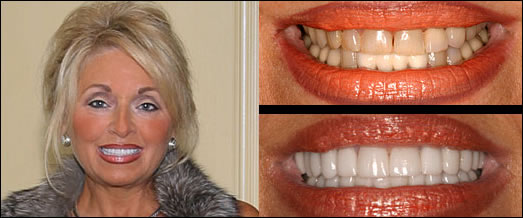If you consistently notice that your mouth is dry and you experience discomfort related to it, you may be surprised that a visit to your dentist is in order. Dry mouth, or xerostomia, can make swallowing, chewing, and even talking difficult. It also increases your oral health risks. Seeing your dentist will help you determine the cause of your problem, and how to relieve your symptoms.
What is dry mouth?
When your mouth is overly dry, that means you don’t have enough saliva. Along with the discomfort of feeling like your mouth isn’t moist enough, saliva is needed in your mouth to rinse away food particles and reduce plaque. Adequate saliva production decreases your risks of tooth decay and bad breath. Typical signs of dry mouth include:
• difficulty chewing, swallowing and speaking
• persistent sore throat
• bad breath
• dry, cracked corners of your mouth
• chapped lips
• altered sense of taste
What does dry mouth mean?
Dry mouth can be a symptom of a medical condition, such as diabetes, HIV/AIDS, Sjögren’s Syndrome, and depression. Dry mouth may also be a side effect of medications, like antihistamines, blood pressure medicines, pain pills, decongestants, antidepressants, diuretics, and muscle relaxers. Some other common reasons for dry mouth include breathing with your mouth open, tobacco use, aging, nerve injuries, and medical treatments like chemotherapy or radiation.
What can I do about it?
The first step in treating dry mouth is visiting your dentist. Your medical history and a complete mouth exam will usually identify the cause of most dry mouth cases. Your dentist will discuss treatment options, such as saliva substitutes or medications. Sugarless gum and candy can also increase saliva production. Dentists also suggest drinking lots of water, and avoiding caffeine and alcohol.
 Patient Forms
Patient Forms Email
Email Get Directions
Get Directions
 View Gallery
View Gallery 
